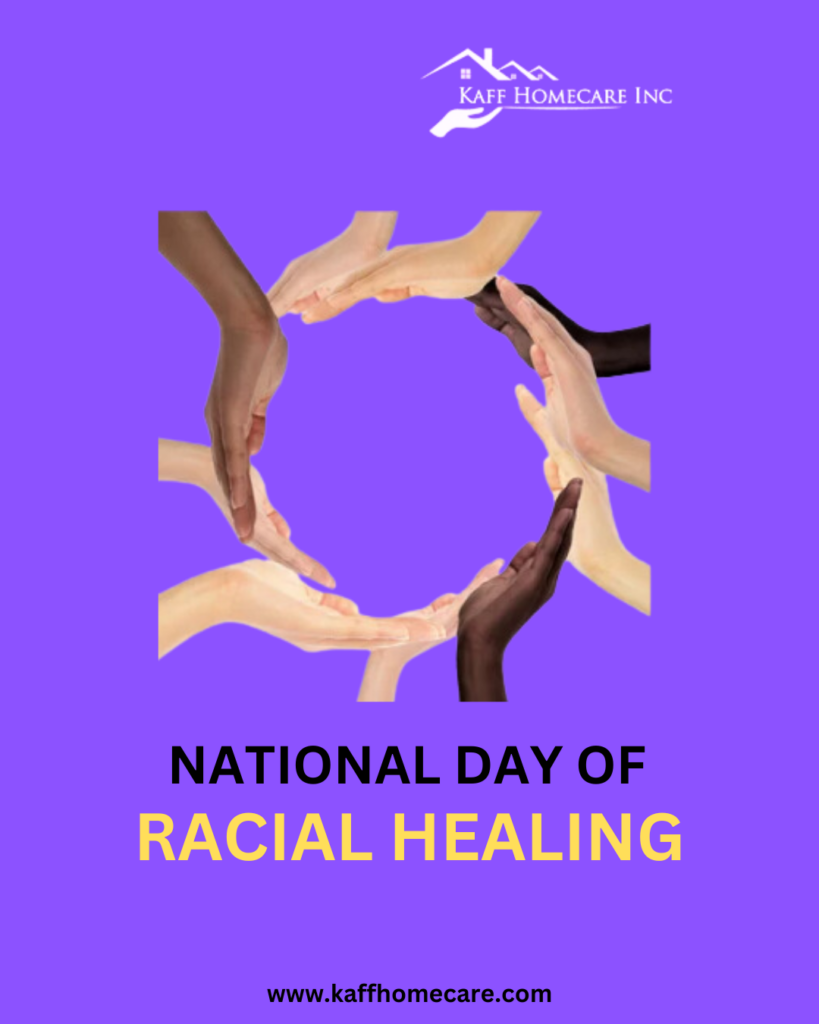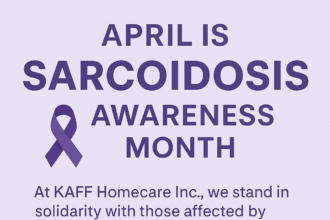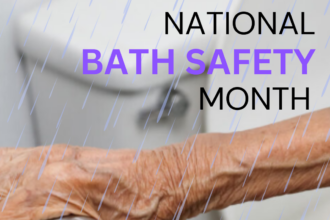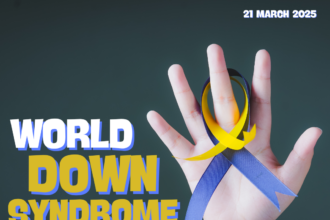The National Day of Racial Healing (NDORH) was launched in 2017 by the W.K. Kellogg Foundation as part of its Truth, Racial Healing & Transformation (TRHT) initiative. Observed annually on the Tuesday following Martin Luther King Jr. Day, it is a time for individuals, communities, and organizations to come together to acknowledge the deep racial inequities that persist in society and work toward creating a future rooted in justice, equity, and compassion.
The Purpose of the Day
The National Day of Racial Healing is not just a day of reflection but also an opportunity for action. It emphasizes healing from the historical and ongoing impacts of racism, as well as fostering meaningful relationships across racial and ethnic lines. The goal is to create spaces for difficult conversations, deepen mutual understanding, and inspire collective action to address systemic injustices.
Key Themes of the National Day of Racial Healing
- Acknowledging the Past: Recognizing the impact of historical injustices, such as slavery, segregation, and systemic discrimination, is central to this day. By confronting these truths, communities can better understand the roots of present-day inequities.
- Fostering Dialogue: Open and honest conversations about race are a cornerstone of racial healing. Community dialogues, storytelling events, and intergenerational discussions help bridge divides and foster empathy.
- Promoting Equity and Justice: The day encourages a commitment to dismantling systems of oppression and advancing policies and practices that promote racial equity.
- Celebrating Cultural Diversity: The day also serves as an opportunity to honor and celebrate the richness of diverse cultures and the contributions of marginalized communities.
How It Is Observed
Communities, organizations, schools, and individuals observe the National Day of Racial Healing in various ways. Some common activities include:
- Community Circles: These are safe spaces where people can share personal stories, listen to others, and engage in facilitated conversations about race and healing.
- Workshops and Training: Many organizations offer workshops focused on racial equity, anti-racism practices, and cultural competency.
- Cultural Events: Performances, art exhibits, and film screenings highlighting diverse perspectives can deepen understanding and inspire healing.
- Storytelling: Sharing stories from different racial and ethnic backgrounds helps humanize experiences and build empathy.
- Youth Engagement: Schools and youth organizations often hold events to educate younger generations about the importance of racial equity and reconciliation.
Why It Matters
The National Day of Racial Healing underscores the idea that healing is essential for progress. Racism and inequity have deep roots in societies worldwide, affecting education, healthcare, housing, employment, and justice systems. Addressing these challenges requires a collective commitment to change, starting with healing interpersonal and community relationships.
This day also highlights the interconnectedness of humanity. By fostering understanding and empathy, we can move beyond the divisions that often separate us and work toward building an inclusive future where everyone has the opportunity to thrive.
Calls to Action
- Reflect: Spend time reflecting on your own biases and how they may impact your interactions and decisions.
- Engage: Participate in local or virtual events focused on racial healing and equity.
- Educate: Learn about the history and ongoing impacts of systemic racism in your community and beyond.
- Advocate: Support policies and initiatives that address racial disparities and promote equity.
- Connect: Build relationships with people from different racial and ethnic backgrounds to foster understanding and solidarity.




